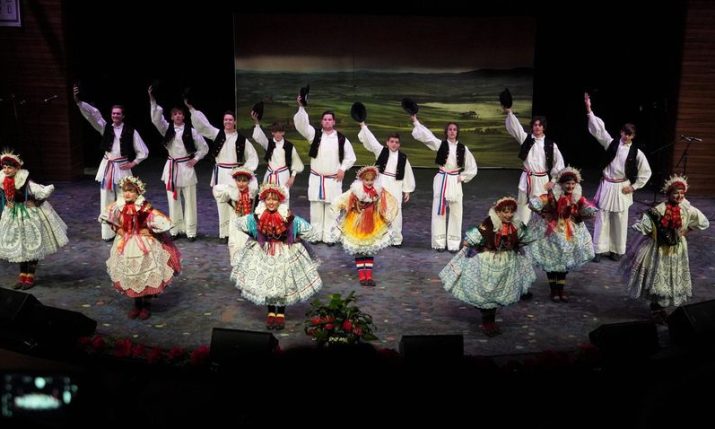The Ukrainian site blacklisted the Croatian president
The Ukrainian Internet database “Mirtvorec” (The Peacemaker), which publishes the names and addresses of people it considers enemies of Ukraine, has put the maverick president of Croatia, Zoran Milanović, on its “blacklist”.
The reason was Milanović’s recent statements that Ukraine has no place in NATO and that the EU in 2014 instigated a “coup d’état” in Ukraine that overthrew pro-Russian President Viktor Yanukovych.
The Ukrainian Ministry of Foreign Affairs invited the Croatian ambassador in Kyiv, Anica Džamić, to protest the president’s statements, which in turn received a positive response in Russia.
Mirotvorec also quoted the remark of President Milanović that “when asked how Croatia will react to the situation in Ukraine, Milanović said: we have nothing to do with it”, it states, quoting Milanović.
“Ukraine does not belong to NATO. When Ukraine changed its government, it was an undemocratic movement, it was a coup in which 50 people were killed,” said Milanović in Mirotvorac.
The blacklist contains data on about 4,500 Western, Ukrainian and Russian journalists who were accredited by the pro-Russian separatist authorities in eastern Ukraine, which was a condition for working in that territory. Many of them later received threats.
The database was established in 2014 after a meeting between Ukrainian politician George Tuka and a former member of the Ukrainian internal intelligence service SBU, known only by the pseudonym “Roman Zaitsev”, a London-based times He said.
“The problem we had then, we still have today. Ex-policemen, ex-soldiers and some political figures still have pro-Russian views. Some moved to eastern Ukraine or Russia. Some are among us. We did not have an official database with their names. Peacemaker was created to fill that gap,” Tuka told times.
Roger Walters, the founder of the musical group Pink Floyd, ended up there, who three years ago declared that Russia has more rights to Crimea than Ukraine.
Belarusian writer Svetlana Aleksievich, a Nobel laureate and critic of the Kremlin, also ended up on the list for mentioning that some ethnic Ukrainians helped the Nazis persecute Jews in World War II.
BIRN asked the Ukrainian embassy in Zagreb for a comment, but by the time of publication it had not received a response.
Oleg Nikolenko, spokesman for the Ukrainian Ministry of Foreign Affairs, wrote on Facebook last Tuesday: “I wonder if Zoran Milanović could have become the president of his country with such rhetoric in the 1990s, when Croatia was fighting to preserve its statehood?” Would his voters agree to turn a blind eye to the occupation of parts of their country? I doubt.”
Nikonenko also commented: “Crimea will never be part of Ukraine again.” Russia unilaterally annexed Crimea in 2014, and almost all members of the international community, including Croatia, refuse to recognize it as Russian territory.
On Wednesday, Milanovic drew analogies between breakaway areas of Ukraine and Kosovo, a former Serbian province separated from Serbia with Western military support.
“The reality is that Russia is trying to do something with Ukraine and the example of Kosovo is like a thorn in its side.
At some point they [Russia] they will either have to recognize Kosovo or pretend to recognize it in order to legalize what they are doing in Ukraine. That’s the reality,” Milanović said.
This is not the first time that Milanović speaks publicly about Ukraine in his own way. For this reason, the center-right Croatian Government has distanced itself from his statements several times because they contradict the official policy of the Government and Prime Minister Andrej Plenković.
His recent statements about Kosovo, that “We annexed Kosovo. We and the international community. It was taken from Serbia,” he caused further embarrassment, provoking protests from Kosovo and making him popular in Belgrade.




